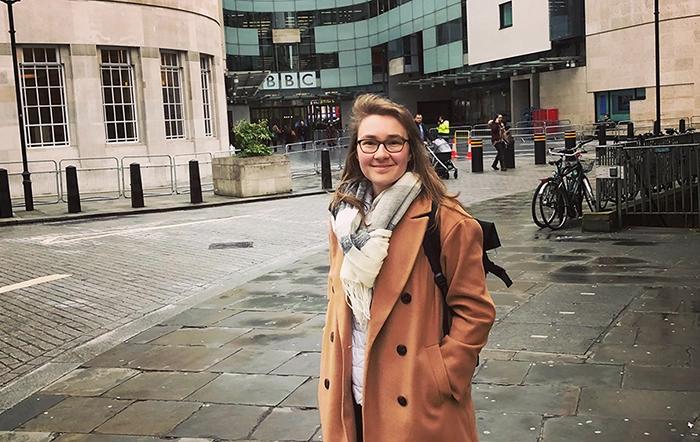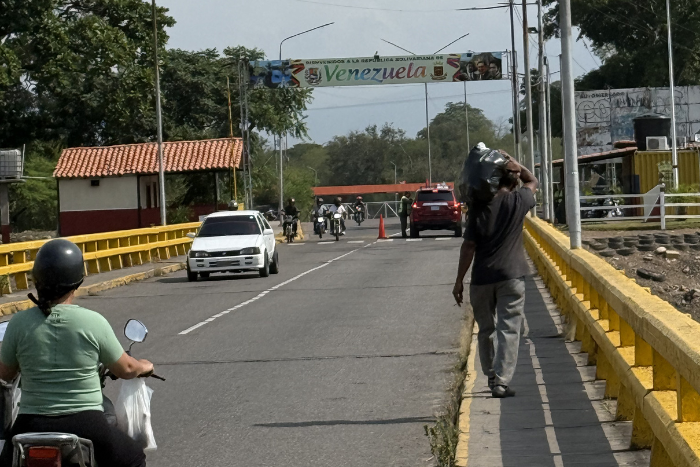How have plants adapted over centuries or millennia to survive and recover from human interference? David Moreno-Mateos and his team are analysing tree species in Brazil’s Amazon Rainforest to find out, and to help inform and improve future restoration practice.
News
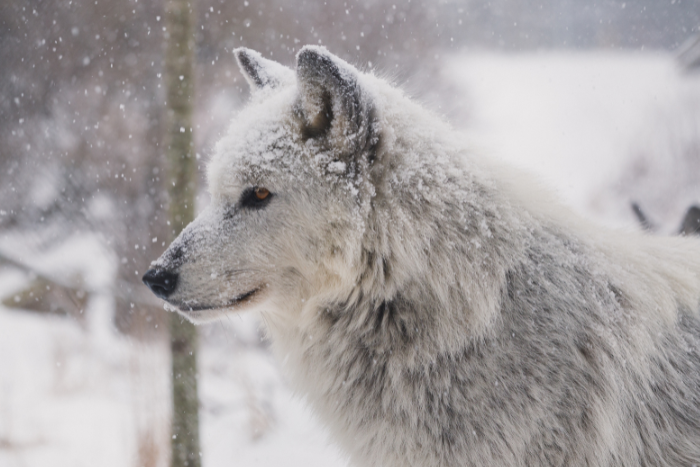
Why ‘de-extinct’ dire wolves are a Trojan horse to hide humanity’s destruction of nature
In a thought-provoking feature for The Conversation, Dr Rich Grenyer, Associate Professor in Biodiversity and Biogeography, examines the ethical and ecological concerns surrounding de-extinction, arguing that the allure of reviving species like dire wolves risks diverting attention from the ongoing human-driven destruction of the natural world.
New study finds logged tropical forests are surprisingly vibrant and need protection
Logging affects many of the world's tropical forests, and such forests are often considered degraded because they have lost vegetation structure, biomass and carbon stocks. But there has rarely been analysis of whether the ecological health and functionality of these ecosystems are similarly degraded. A new study by researchers at the University of Oxford, finds that logged rainforests are treasure-troves of healthy ecological function and should not be written off for oil palm plantations.
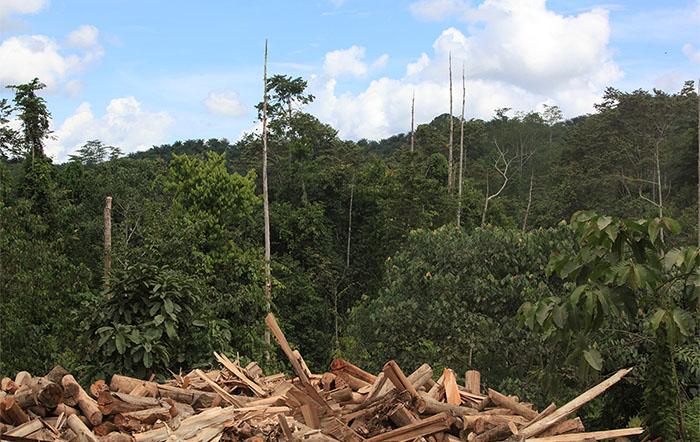
Why I’m righting the wrongs of my early research and sharing my scientific data with local communities
Dr Sallie Burrough, Stipendiary Lecturer in Physical Geography, reflects on her early research practice and explores how we might better engage local communities and researchers in finding tangible benefits from our research and data, in an article for The Conversation.
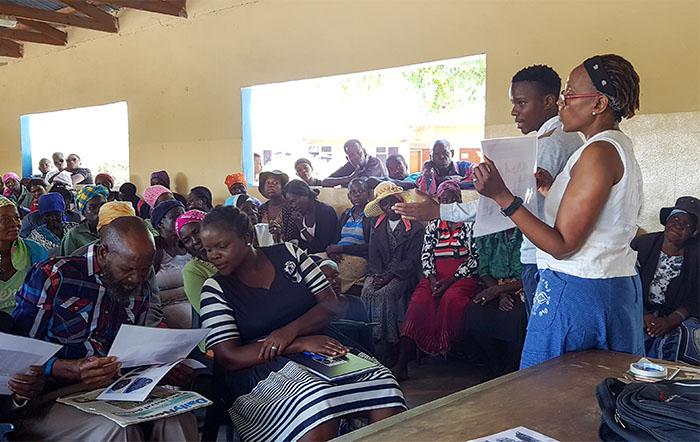
What to read to understand why population changes matter
The Economist lists six books on the under-appreciated science of demography, including Professor Danny Dorlings 'Why demography matters', co-authored with Stuart Gietel-Basten.

SoGE research in North-west Zambia: DRYCAB Project
Climate change is expected to impose a considerable burden on the southern African region as it is one of two land-based areas of the planet where large-scale drying is projected to occur in future decades. A lot of the early summer drying is expected to result from the late onset of the rains after the six month long dry season. However much of what we know depends entirely on models rather than observations. In an effort to sharpen our understanding, a team from Oxford joined up with the Zambian Met Department from August to November 2022 to compile a comprehensive dataset on the onset of the rainy season as part of the NERC funded DRYCAB project.
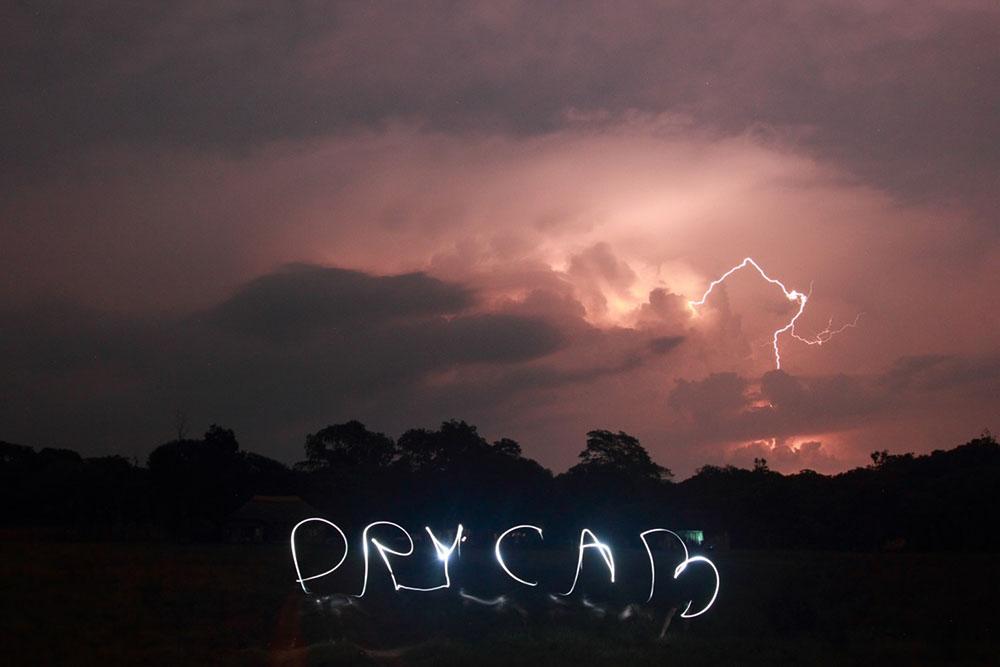
Dr Alice Watson and BBC release 13 new episodes of 'Tales from Call the Midwife'
To mark the anniversary of the first BBC radio broadcast, the remaining 13 episodes of the 'Tales from Call the Midwife' podcast have been released today.
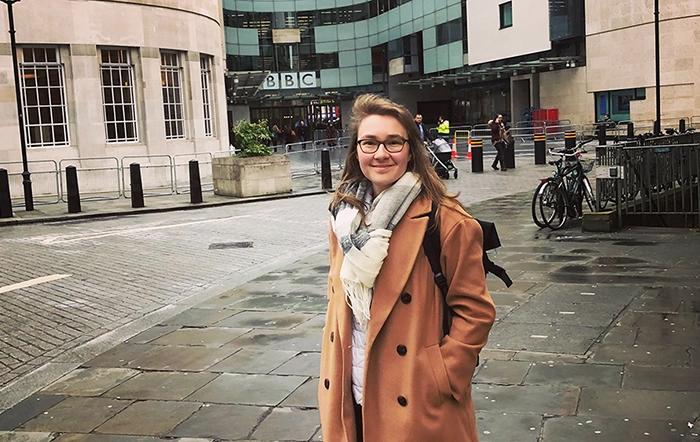
Is the future of transport electric?
Focusing solely on electric vehicles and technology is actually slowing down the path to zero emissions. Christian Brand, Associate Professor in Transport, Energy and Environment and chapter contributor to Greta Thunberg's new 'The Climate Book' explains how we meet Paris-compliant decarbonisation targets for the transport sector.

SoGE unveils scholarships for students from Black and other ethnic minority backgrounds
The University of Oxford's School of Geography and the Environment is delighted to launch two new scholarships aimed at UK postgraduate applicants from Black and other ethnic minority backgrounds.
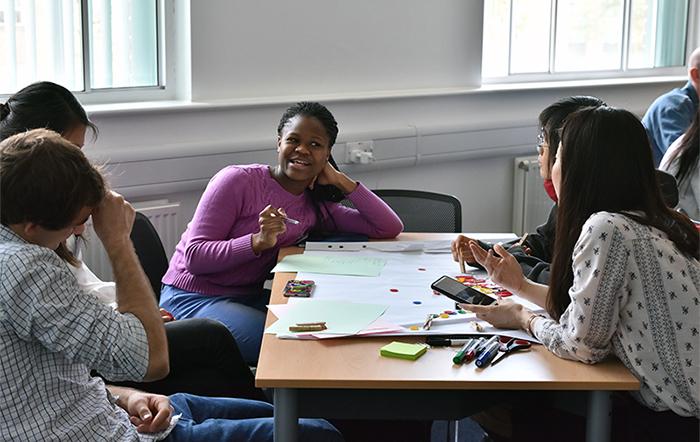
Private jet startups want you to believe they're climate friendly
A new generation of private jet startups are keen to boost their environmental credentials, writes Freya Pratty for an article in Sifted. Includes expert comment by Prof Tim Schwanen.

Lucas Lyko Named RGS Social and Cultural Geography Research Group Undergraduate Dissertation Prize Runner-Up
The Royal Geographical Society's Social and Cultural Geography Research Group has named Lucas Lyko as the runner-up of the 2022 undergraduate dissertation prize for his dissertation: '"I don't have the luxury of being able to do nothing": Exploring Temporalities and Navigations of Everyday Mobility Through the Experiences of People with Multiple Sclerosis.'
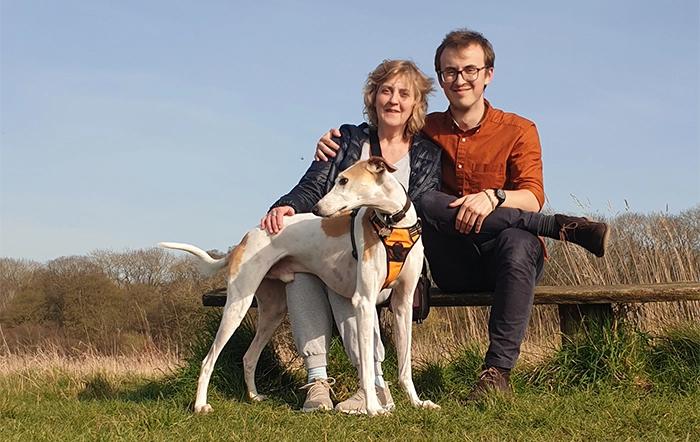
Oxford researcher launches ‘Tales from Call the Midwife’ podcast with the BBC
Dr Alice Watson, a researcher in the School of Geography at the University of Oxford, has today launched a new podcast with the BBC called 'Tales from Call the Midwife'. This exciting new podcast is part of a project, funded by the Arts and Research Council, which has engaged the public in research about the BBC for its centenary.
